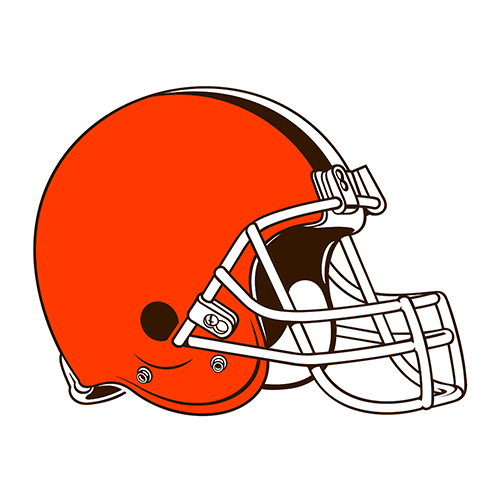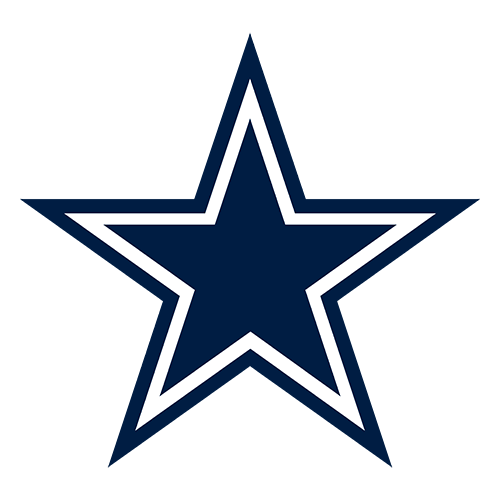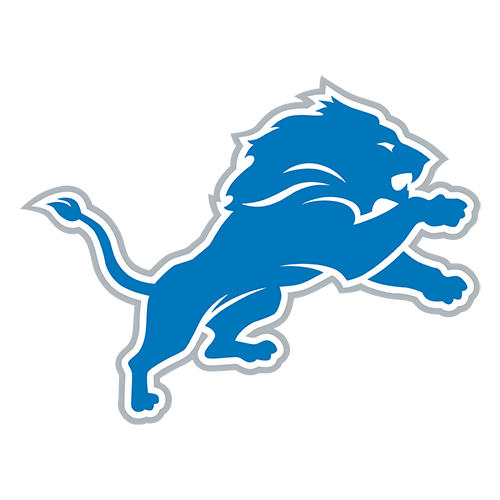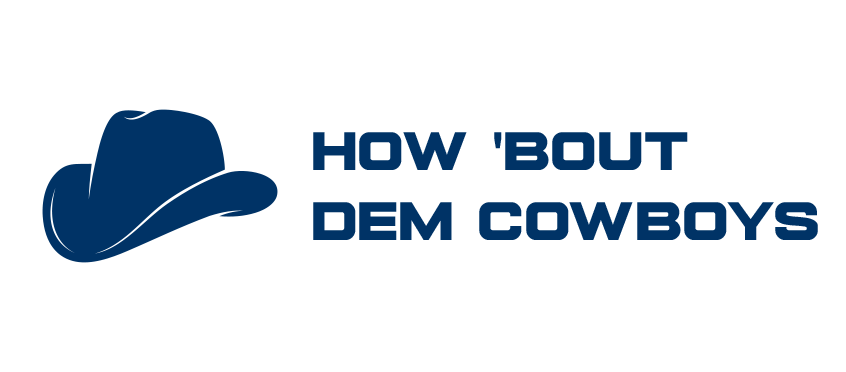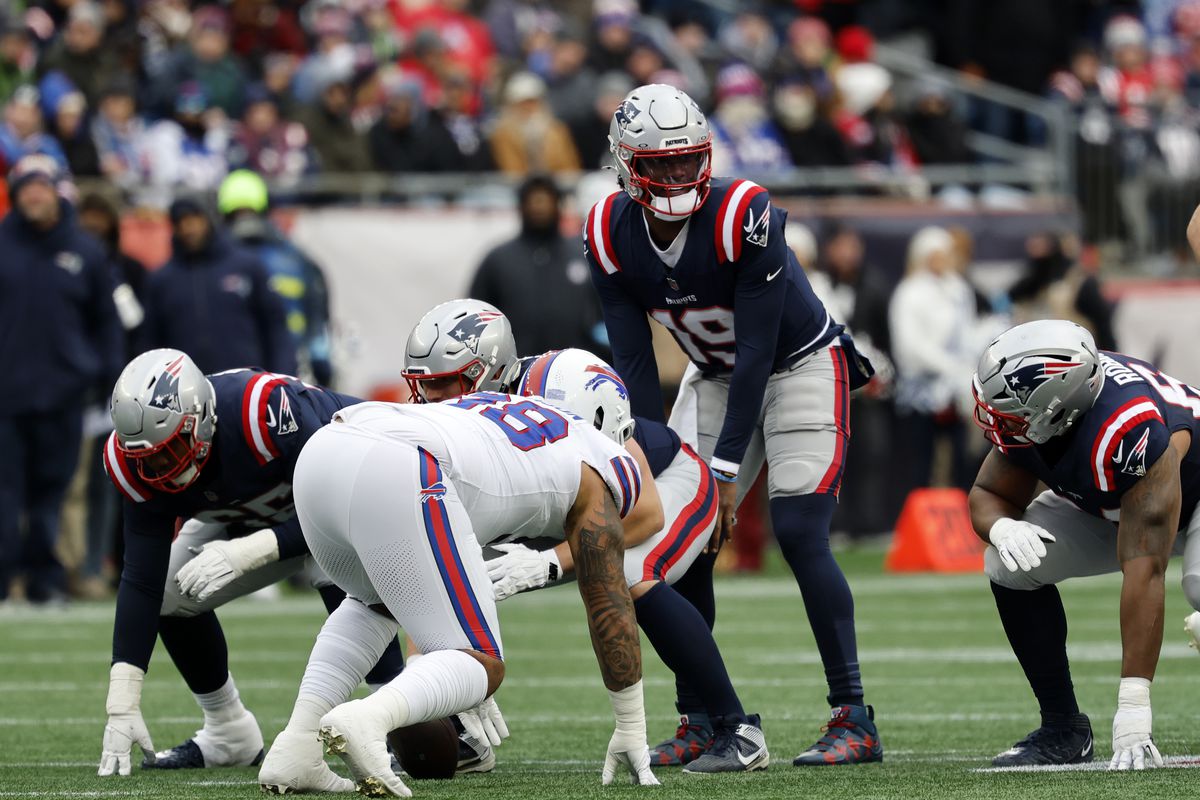
Photo by Fred Kfoury III/Icon Sportswire via Getty Images
Through all the Dallas Cowboys have done to address their roster this offseason, questions remain on both the personnel and coaching side when it comes to how much this team has truly improved and is ready to compete in head coach Brian Schottenheimer’s first year. The Cowboys had been in a bit of a lull in adding new players, seemingly content with the state of their roster ahead of the draft, until Thursday when they swapped yet another day three compensatory pick for a player at a position of need. The Cowboys acquired former New England Patriots quarterback Joe Milton, a 2024 sixth-round pick out of Tennessee, for a fifth-round pick. The Cowboys also picked up an additional seventh-round pick in the deal.
Dallas getting active in the player acquisition process again here early in April also provides the latest chance to discuss Brian Schottenheimer’s outlook for year one. After an extremely negative initial reaction to the Cowboys going with an internal candidate promoted from an offensive coordinator role after the Cowboys offense struggled so much on offense a year ago, Schottenheimer was able to put together an impressive staff that went a long way in earning some much needed fan trust. After an initial wave of free agent signings and trades though, there hasn’t been much to judge Schottenheimer by, and whether or not he is actually the right coach to lead this team into what will effectively be the start of Dak Prescott’s new contract is still a great uncertainty.
The Joe Milton trade doesn’t at all change the fact the Cowboys are built to move forward as Prescott’s team, and will go as far as he can take them with an offense still lacking an obvious solution to the run game. It does change the dynamic of an all-important room inside of The Star though, and one that Schottenheimer should naturally gravitate towards given his background. The Cowboys kept a very tight circle in the QB room under Mike McCarthy, who talked openly and often about his QB development school and how much he enjoyed keeping that as a constant between Prescott, Cooper Rush, and most recently Trey Lance as backups. Schottenheimer was on McCarthy’s staff for three years of his tenure, and made one of the very few internal hires on his first staff as HC for QB coach with Steve Shimko. Shimko comes from a similar rank as Schottenheimer, promoted from offensive assistant to QB coach. Maintaining the sanctity of the quarterbacks room is something Schottenheimer clearly wanted to keep in place, but adding Milton gives the Cowboys something new they have not had in the room in some time. Milton represents the first young, developmental, still potentially on-the-rise QB they’ve had as a backup in some time.
Trey Lance was supposed to bring some of these qualities, but the former first-round pick had already played in eight games and shown his clear strengths and weaknesses in all of them before arriving in Dallas. Milton only appeared in one game as a rookie, starting the last game of the regular season for the Patriots against the Bills, and winning 23-16 with 241 yards, a 75.9% completion rate, a passing touchdown, and a rushing touchdown.
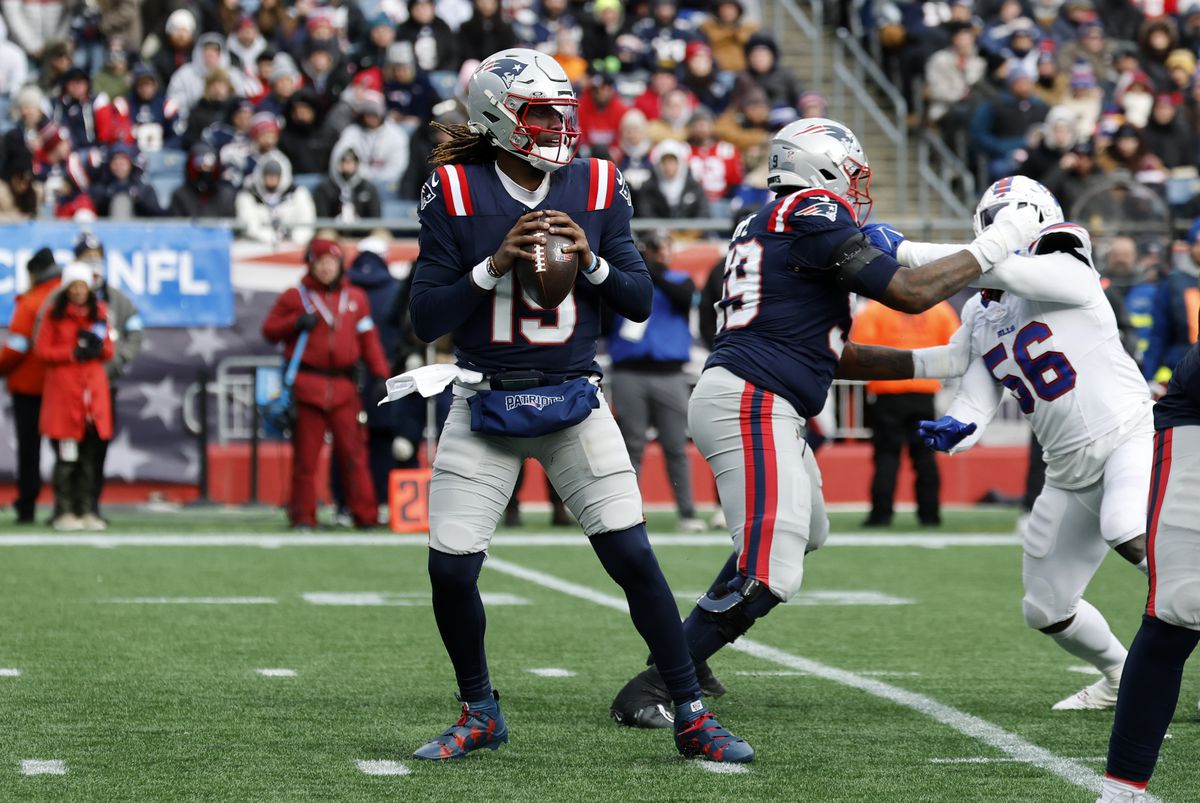
Photo by Fred Kfoury III/Icon Sportswire via Getty Images
The dynamic of having a young QB like Milton in the organization now is an underrated move when it comes to evaluating the things many fans are desperate to get a read on Schottenheimer’s ability to coach. Intangibles like leadership, connecting with players, and making young players better. Joe Milton doesn’t need to become anything close to the QB of the future under Schottenheimer for this move to be a success, but seeing just how much the new head coach can get out of him, and what value he will provide in the understanding of a new scheme, is paramount. The way Prescott’s and Milton’s trajectory are lined up right now is also ideal. Milton can get better for the sake of becoming a reliable backup without any expectation to push Prescott as the established high-end starter. This dynamic breeds healthy competition and the type of teaching the Cowboys want between quarterbacks, as opposed to the often dysfunctional dynamic that develops between quarterbacks honestly competing for one starting job.
If Milton is going to see the field in any capacity, beyond the preseason where he could play a ton given how much the Cowboys have rested starters in recent seasons, his best traits to develop are his mobility and accuracy downfield. For what we know of how Schottenheimer is approaching his first season as play-caller for Prescott, getting back to what made him successful early in his career is a focus. Mobility and well-timed deep passes were two of the biggest parts of Prescott’s game during this time, and things the Cowboys are desperate to get back to after struggling so much in both areas in 2024. The upside of this move giving the Cowboys continuity in what they are looking for in all of their QBs is well worth swapping late-round picks in the process.
The Cowboys have certainly been busy this offseason, but no single move guarantees them much of anything when it comes to rebounding from a 7-10 season and climbing out of third place in the NFC East. Certainly, trading for a backup QB is the absolute farthest from a move that accomplishes this either.
When put together as a collective though, the Cowboys are showing a real serious focus towards the football side of their operation led by Schottenheimer, and every move counts in this regard. Dallas is targeting scheme fits their new coaches can quickly get up to speed, addressing needs across the board to give them the best chance at drafting their highest-ranked prospects, and getting on the same page from top to bottom between front office and staff in ways that are all new and – hopefully- conducive to winning. The Joe Milton trade is the type of move a coach with plans of putting a strong culture in place and being here to see it through can get behind, and with Schottenheimer just beginning on a four-year deal, it certainly fits.
